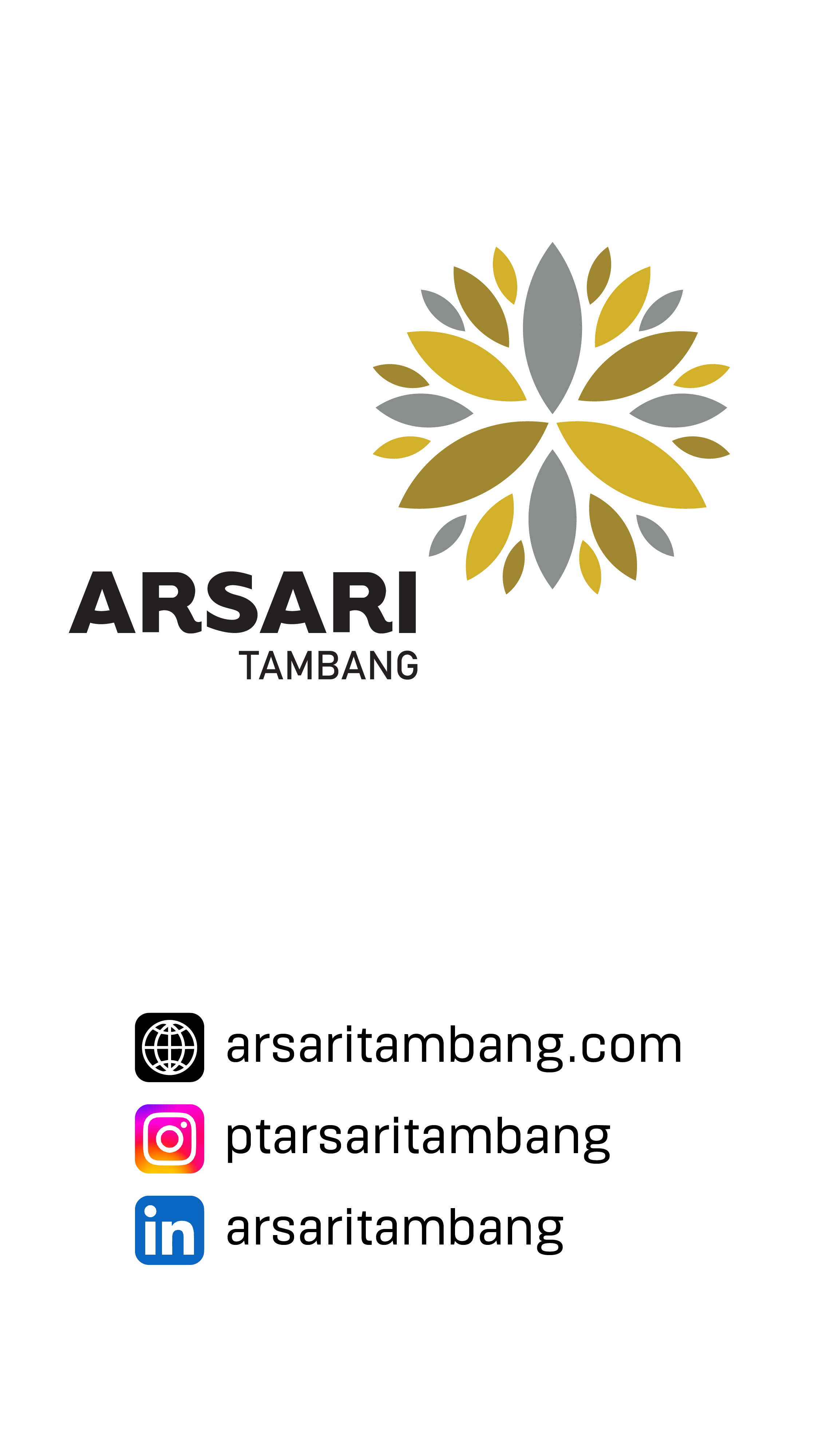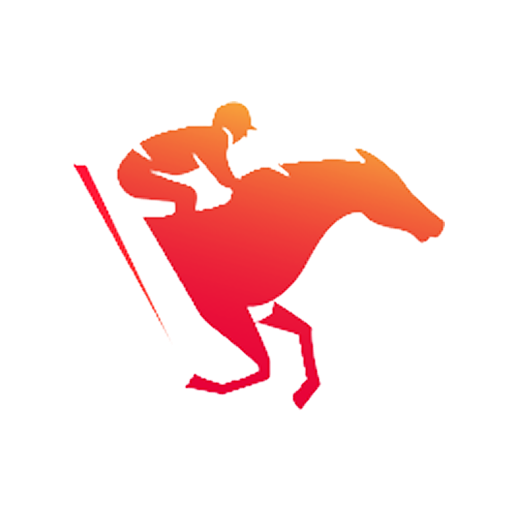





SARGA.CO – Horse racing has been around for thousands of years, tracing its roots back to the ancient Greek Olympics before evolving into folk traditions across many cultures. In Indonesia, the sport found its footing through local customs such as Pacu Kudo in West Sumatra and Pacu Kude Gayo in Central Aceh.
Over time, these community celebrations gradually grew into a more structured form of competition, paving the way for modern horse racing. In 1966, the sport entered a new chapter with the establishment of the Indonesian Equestrian Sports Association (Persatuan Olahraga Berkuda Seluruh Indonesia or PORDASI), which set official rules, organized national championships, and guided its development on a professional stage



Historical records show that horse racing first appeared at the Olympic Games in Greece in 648 BC. Unlike today, the contests were chariot races.




According to americasbestracing.net, the tradition spread from Europe to the Middle East as horses became increasingly vital for transport and warfare.
In England, modern horse racing began to take shape in the 12th century when Arabian horses were brought back by Crusaders and bred with local stock.




This crossbreeding produced the Thoroughbred, a breed that remains the global standard for racing today.
As the sport grew in popularity and competitiveness, England introduced rules, set racing distances, and established official betting systems. These regulations became the blueprint for horse racing worldwide.




In Indonesia, horse racing has deep cultural roots. In West Sumatra, Pacu Kudo was originally held as a form of entertainment after the harvest season. Meanwhile, in Central Aceh, locals celebrated with Pacu Kude Gayo, a highlight of community festivals and major holidays.

The modern era began in 1966 with the founding of PORDASI, the national governing body for equestrian sports. PORDASI established racing regulations, organized national championships, and opened the gates for both local and imported horses to compete on professional tracks.
Today, horse racing is no longer just a folk pastime. It has grown into a global industry of significant value, offering large prizes, regulated betting systems in some countries, and prestige for horse owners and trainers alike.
In Indonesia, the sport is once again finding its momentum, bringing excitement back to the tracks. Yet the spirit and traditions remain alive in many regions, connecting history, culture, and sport in one enduring legacy.






















































Install SARGA.CO News
sarga.co